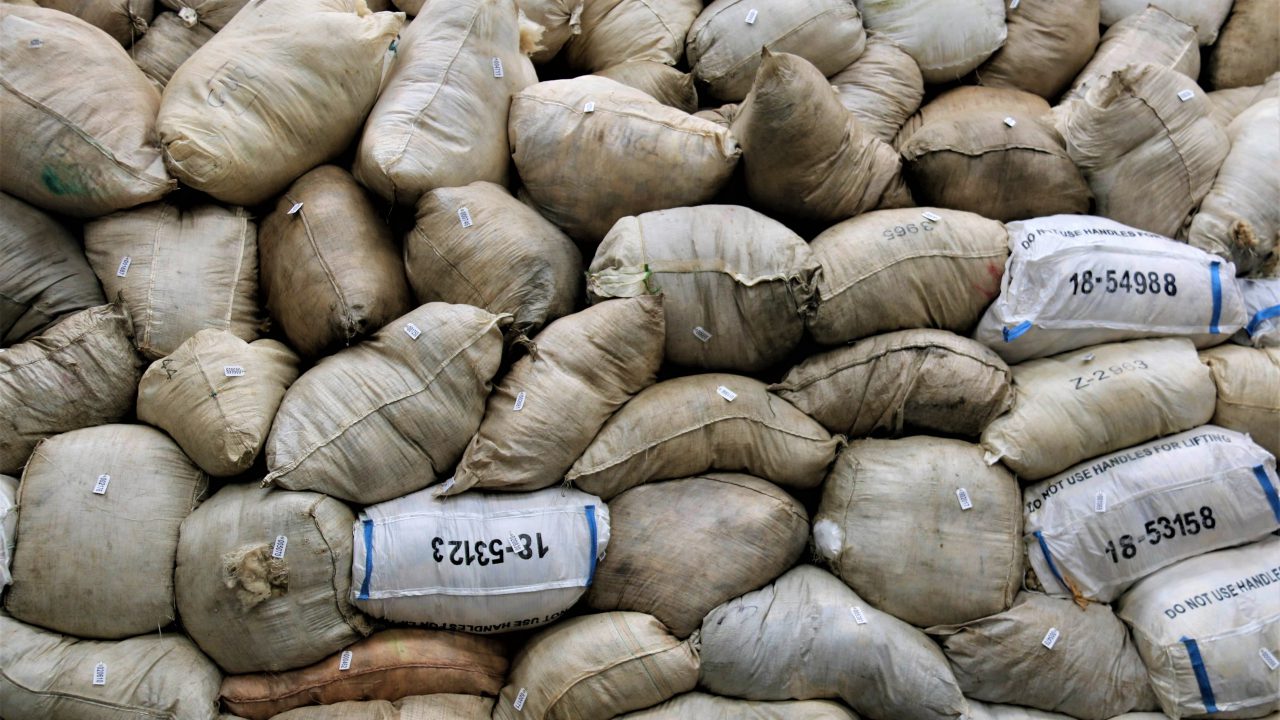“Lessons need to be learned” from the British wool industry for Ireland, the Irish Farmers’ Association (IFA) has said.
Kevin Comiskey, the association’s sheep chairperson, was speaking after a meeting with British Wool (formally known as the British Wool Marketing Board) last week. He has called for a similar “unique brand” to be established for Irish wool.
Comiskey said that the British Wool brand has maximised the value of wool for UK sheep farmers.
“Lessons need to be learned from this approach,” he said.
He called on Minister of State Pippa Hackett to “do more to resolve the collapse in wool prices” in Ireland.
“Despite the undeniable environmental credentials of wool for upgrading from a waste material to a renewable resource for the production of multiple products, Minister Hackett spent €100,000 on a study that merely told us what everybody in the sector already knew,” Comiskey said.
According to the IFA sheep chair, the minister failed to provide supports through the Sheep Improvement Scheme and later in Budget 2023 to optimise the potential of wool.
He called for the industry group which was recommended in the wool feasibility report – published in July – to be convened “immediately” in order to advance the process of adding value to the wool produced in Ireland.
Comiskey also called for structures to be put in place that reward farmers for producing “this environmentally sustainable raw material”.
He commented: “There are huge opportunities to develop a unique brand of Irish wool and this work must commence immediately.
“Discussions with British Wool show what can be achieved where a co-ordinated approach, with government support, is provided in the promotion, marketing and processing of wool. These are systems and structures that can be achieved and must be replicated for Irish wool,” he added.
The wool feasibility report recommended the creation of an industry-led wool council, which would develop and promote Irish wool domestically and internationally.
The Department of Agriculture, Food and the Marine said at the time that it would provide financial assistance of €30,000 towards the initial set-up costs of such a group.
